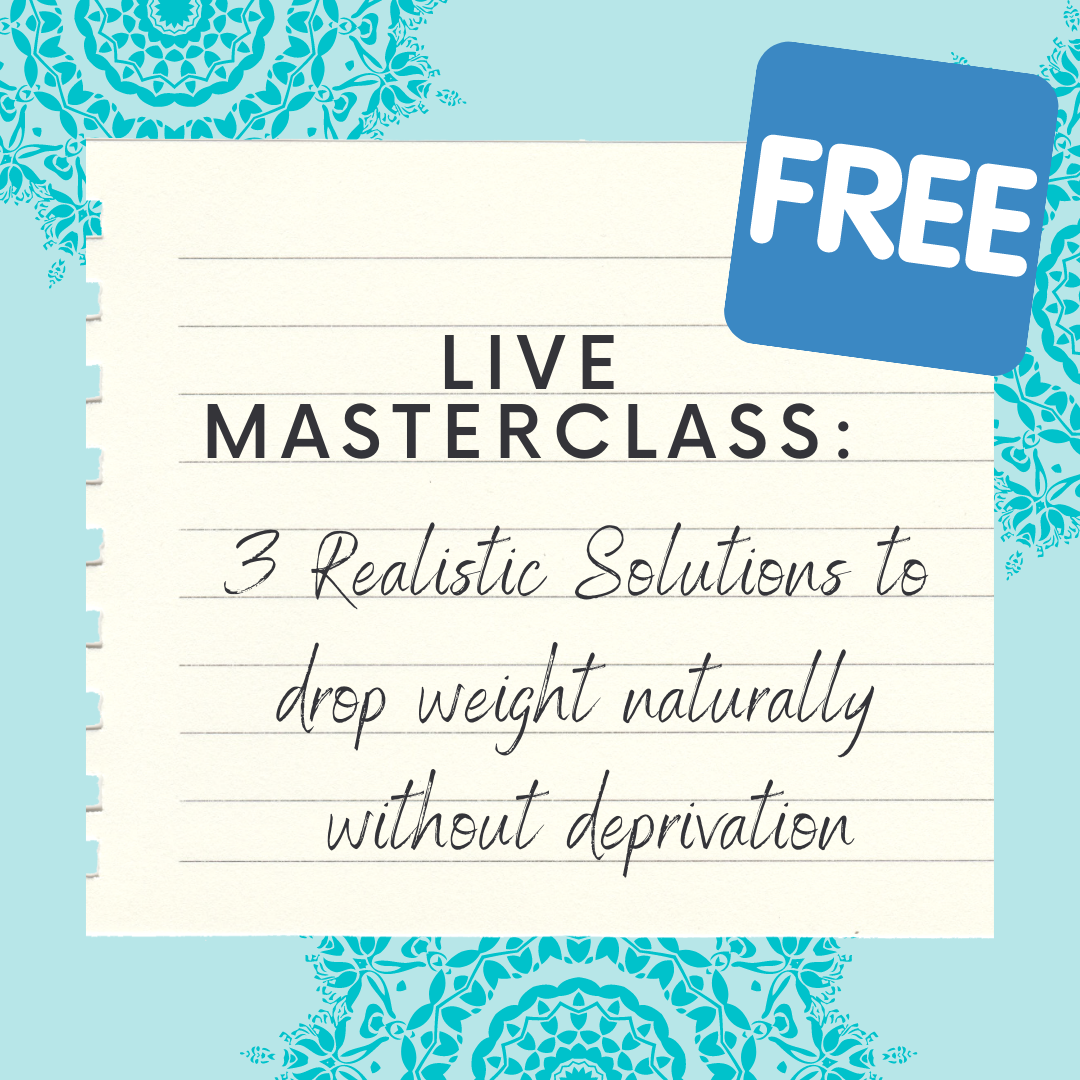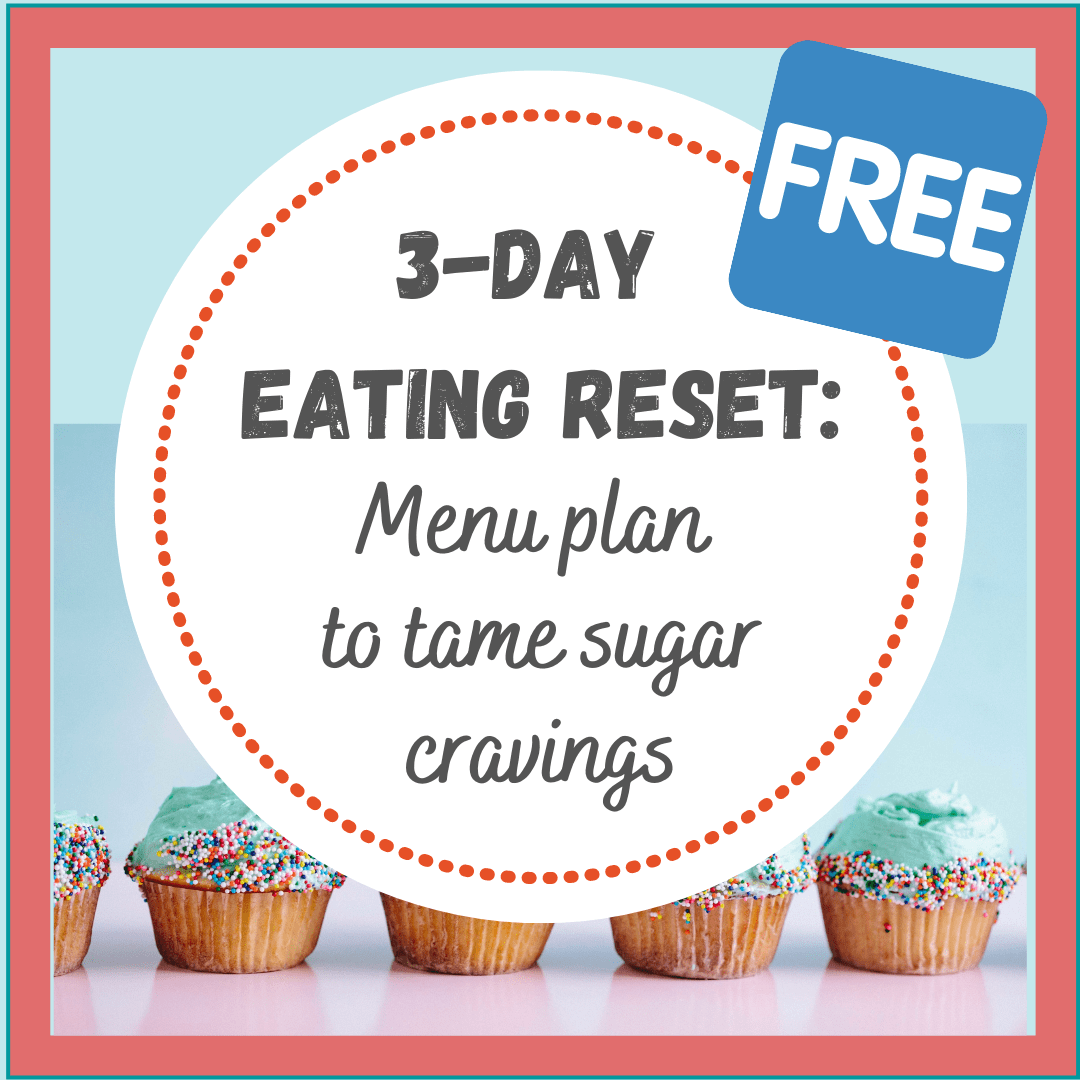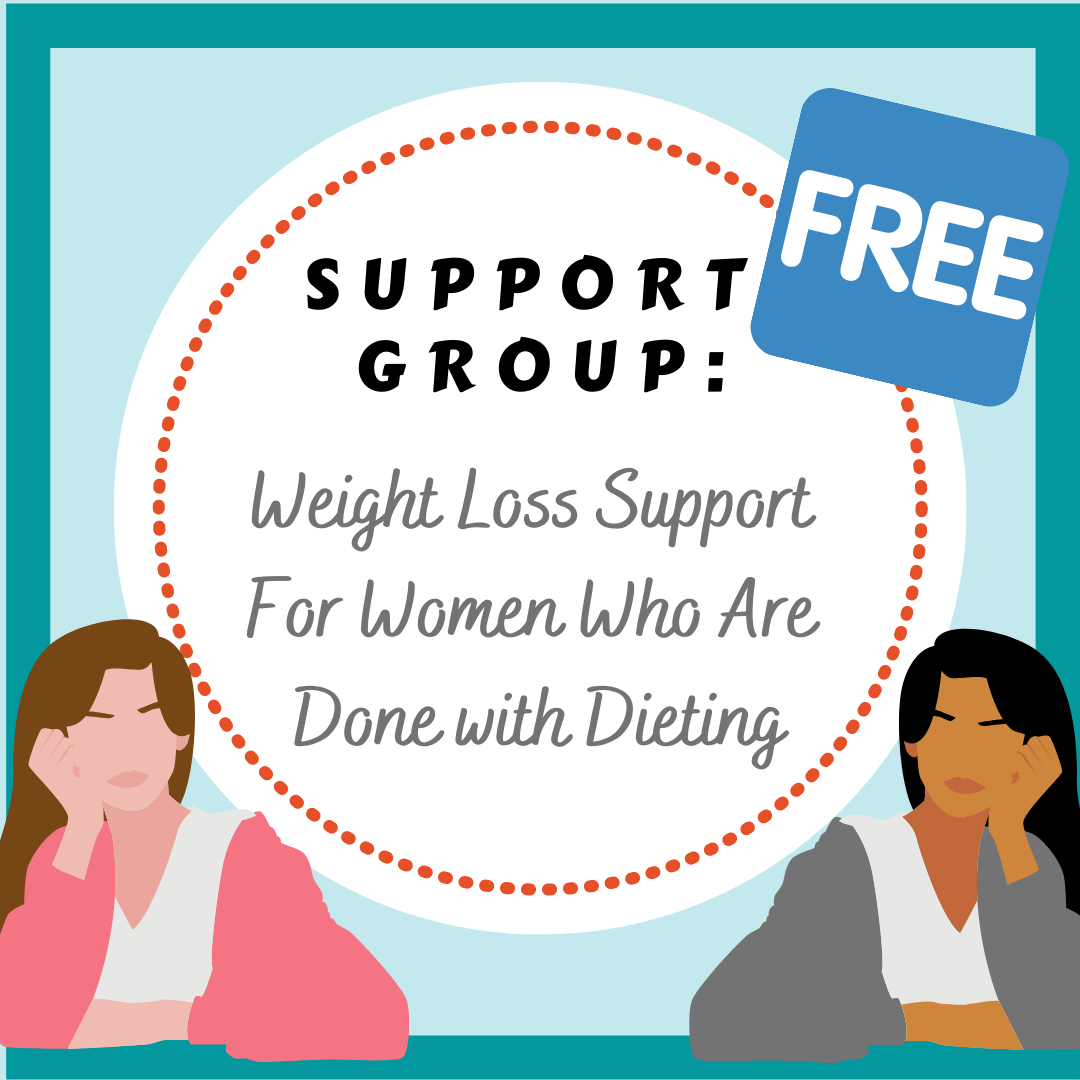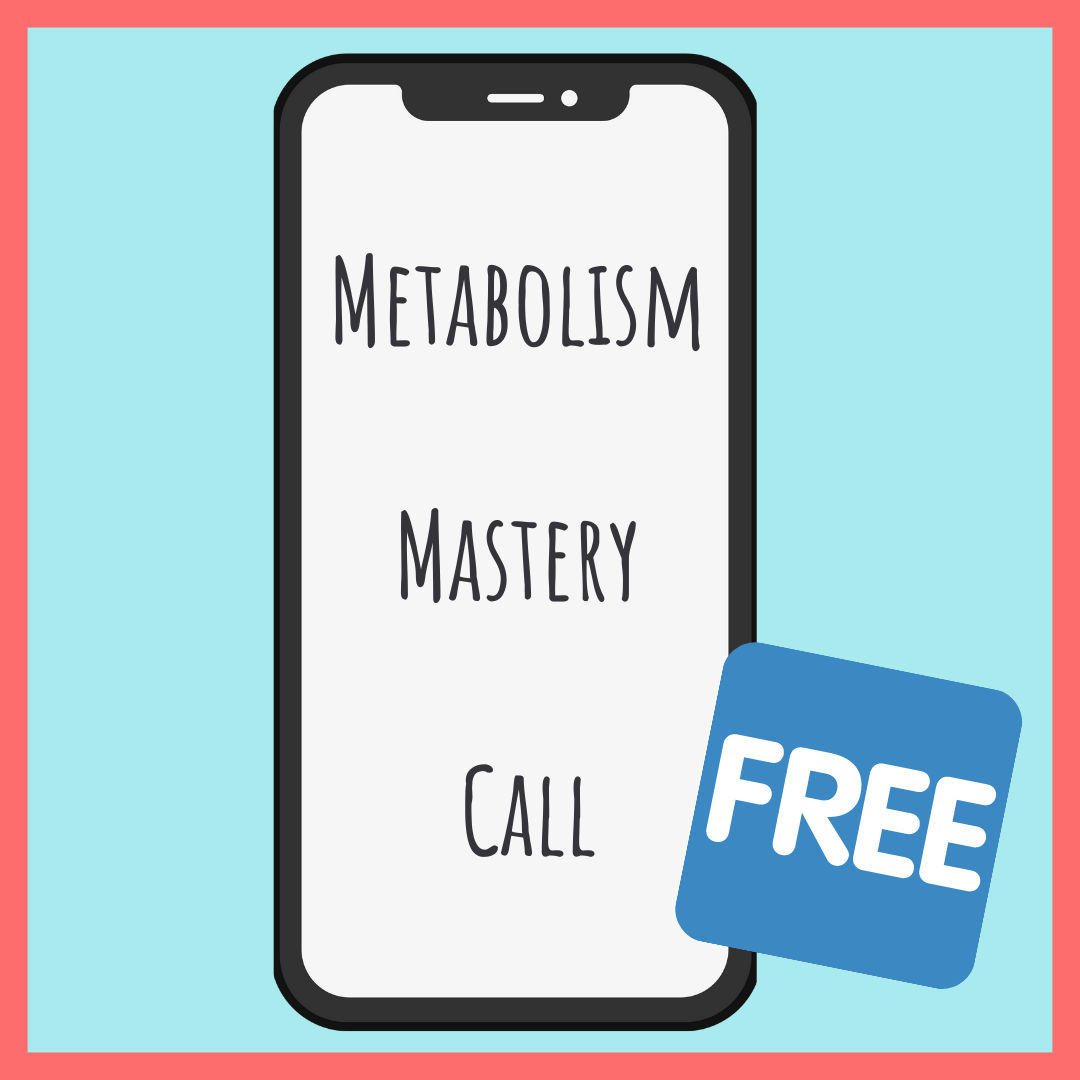 1. Myth: Everyone needs to consume milk and other dairy products to get enough Calcium.
1. Myth: Everyone needs to consume milk and other dairy products to get enough Calcium.
Facts: Nearly 85% of Americans are lactose and or casein intolerant, lacking the essential enzymes needed to digest milk and other dairy products. Moreover, humans are the only mammals that drink another mammal’s milk. Although milk is often considered the best source of calcium, kale and similar dark, leafy greens are actually much higher in calcium per serving. It is also important to note that Osteoporosis is prevalent when the body is in an acidic state. Therefore, I believe that eating an alkaline diet is even more important that your Calcium intake. Learn more about Alkaline Diet and Calcium Supplementation here.
2. Myth: The food we eat today is the same food that our grandparents ate.
Facts: The food our grandparents ate was grown close to where they lived. It did not need to be engineered to be pest resistant, to grow larger, or to look aesthetically pleasing. It was not sprayed or fertilized nor was it preserved with nitrates, hydrogenation, or chemicals. It was not bleached or dyed. It was pure, naturally organic, whole food.
3. Myth: Many of the “new” illnesses out there, such as chronic fatigue syndrome, irritable bowel syndrome, and colitis, as well as traditional illnesses such as arthritis, diabetes, and thyroid dysfunction can only be treated with prescribed medication.
Facts: Almost all illnesses, new and old, are directly related to diet and nutrition. Unfortunately, doctors are prone to prescribing a pharmaceutical drug before addressing the person’s diet and how it can be worsening their health. For example, those with colitis may be suffering from food allergies or sensitivities, which if excluded from their diet, can greatly reduce, or even eliminate their symptoms. Given that doctors attend merely one nutrition class in medical school, it is easy to understand why they may overlook diet’s role in illness.
4. Myth: If the package says “whole grain,” then it is healthy.
Facts: Many packaged foods such as cereals, tortillas, chips, crackers, breads and pastas claim to be “whole grain” or made with whole grains. Do not be fooled, as these products are certainly not whole grain. If they were, they would be in their whole form as rice, whole oats, quinoa, teff, or kashi (whole buckwheat) to name a few. Once a grain is processed down into something other than its original form, it is no longer a whole grain. Marketing tries to trick us into believing that the products we buy are whole grain when in fact they are a pulverized, heated, and processed version of the whole grain, often lacking the germ, bran or the endosperm (three main parts of a whole grain) that are essential to our body’s ability to effectively process and utilize the nutrients therein.
5. Myth: Nutrition supplementation is not needed when you eat properly.
Facts: It’s unlikely that you are getting all the nutrients your body needs for optimal health through diet alone. Our soil is stripped of many essential nutrients because of the fast turnover of crops. Many foods lose much of their nutrient density within days of harvest leaving supermarket produce depleted of nutrients. The cooking process also strips our food of essential vitamins and minerals. It’s not only important to take a multi-vitamin/mineral supplement, but it’s essential to make sure that it is high quality, preferably pharmaceutical grade.
















Leave a Reply